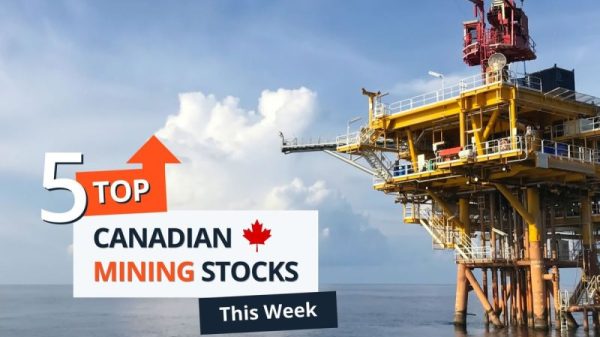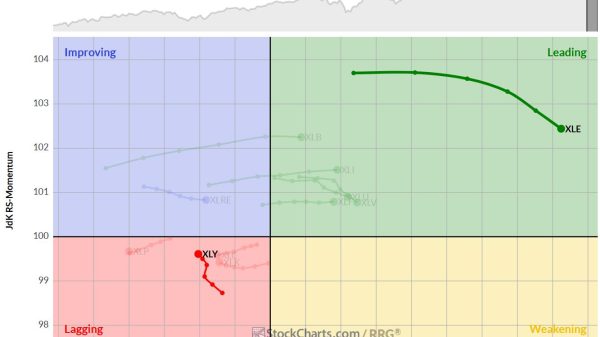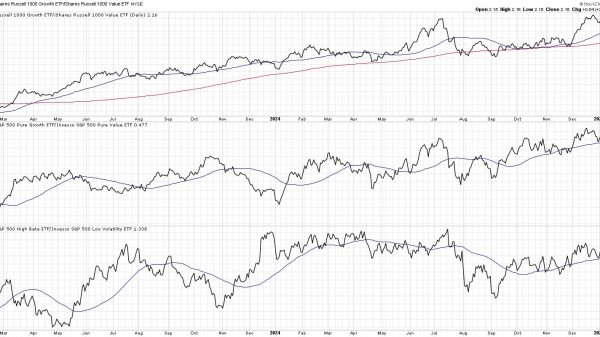Greedy oil companies are colluding to keep output low and prices high — or so claim Senate Democrats and the Federal Trade Commission. Senate Majority Leader Chuck Schumer and FTC Chair Lina Khan suspect energy executives of unlawful profiteering. Gas prices currently average about $3.60 per gallon, up more than a dollar since President Biden took office. Is this evidence of a conspiracy in restraint of trade?
The Wall Street Journal editorial board is skeptical of this narrative. So am I. It’s extremely unlikely high oil and gas prices stem from collusion. The reason is counterintuitive, but is strongly supported by simple economics: If energy producers were colluding, we would expect output to be even lower, and prices even higher.
Let’s break down the collusion story. First, oil and gas are necessities, in the man-on-the-street sense of the term. They are inputs into nearly all the goods and services we consume. Everything uses energy, after all. This implies consumers can’t easily switch to substitutes. When oil and gas prices go up, people reduce their consumption some, but not much, simply because they lack better options.
Second, oil and gas companies, if they are colluding, can control the market price of their products. Some firms must take the market price as given. But monopolies and cartels can indirectly pick their prices by choosing how much (or little) to produce. Econ 101 teaches us demand curves slope down. If you want consumers to purchase more of something, you must lower the price. Hence by restricting output, producers command a higher price.
Third, oil and gas companies are greedy. They’re trying to maximize profits. They don’t care about the burden of high prices to consumers, or harm to the environment, or anything else that results from their behavior. As long as total revenue minus total cost is as large as possible (at least according to this narrative) they’re satisfied.
I accept all three points. They might not be the literal truth, but they’re definitely reasonable approximations. But there’s a fatal flaw in the collusion story: It’s self-contradictory.
Look at the first point again. Because consumers have few substitutes for oil and gas, they are insensitive to price changes. Economists call this inelastic demand. When prices rise, consumers don’t scale back much. The key is proportionality. If prices rise by 5 percent, consumers scale back their purchases by, say, 3 percent. The price-increase effect outweighs the quantity-reduction effect.
This has important implications for firms’ profit-maximizing strategy. For inelastically demanded goods, selling less output at a higher price means total revenue rises. Firm revenues equal price per unit times units sold. For oil and gas, price rises by proportionately more than quantity falls. If you sell 3 percent less, but each unit of output earns you 5 percent more, you’ve made more money.
Revenues aren’t the same as profits. Businesses ultimately care about the latter. But it’s a short step to complete the argument: Producing and selling less at higher prices lowers costs as well as raises revenue. After all, they’re bringing less to market, which means their expenses would be lower. Profits would go up, too.
Hence it can’t be the case that oil and gas producers are colluding to maximize profits. Assuming these goods are inelastically demanded, which seems to be the case, firms are either failing to maximize profits or are pricing competitively, not collusively. The latter is much more likely. Oil is produced and sold in a global market. Even true cartels like OPEC don’t have total control over prices. It comes down to supply and demand.
(The other possibility, that firms are colluding but deliberately not maximizing profits, is just as implausible. Why collude in the first place, if not to make as much money as possible?)This straightforward economic argument demonstrates the collusion caucus doesn’t have a leg to stand on. Oil and gas prices are best explained by some combination of market forces and public policy, not corporate collusion. The Senate-FTC allegations remind us we must constantly be on guard against self-serving partisan narratives. Thankfully, old-fashioned price theory trumps political ideology every time.

































